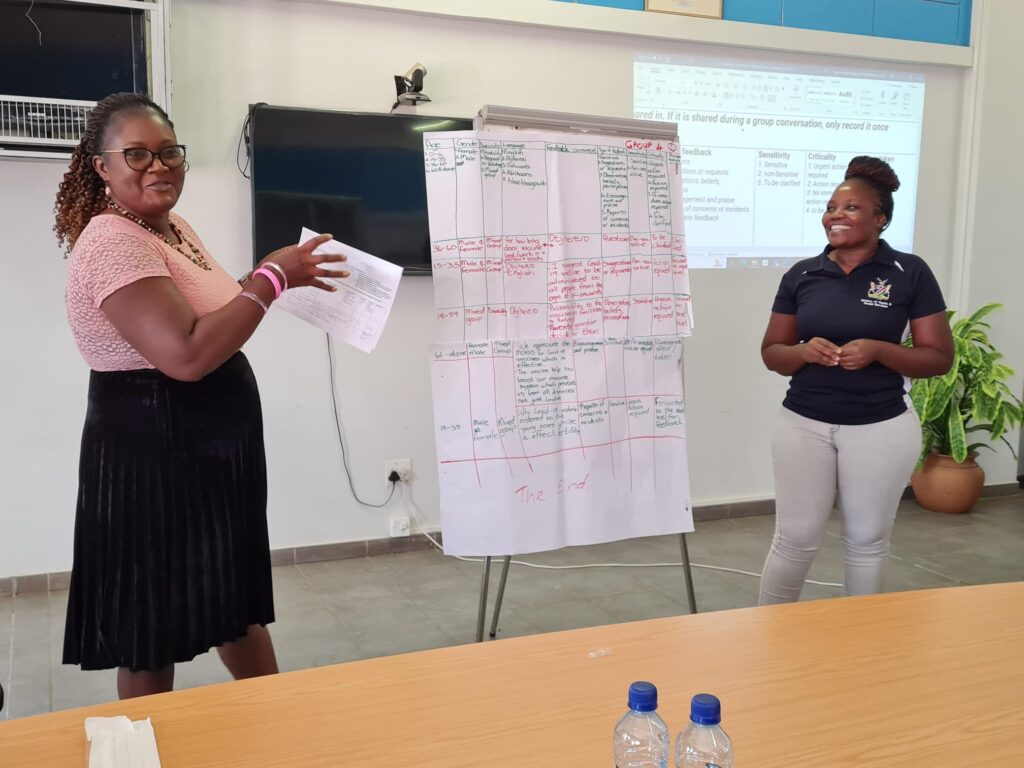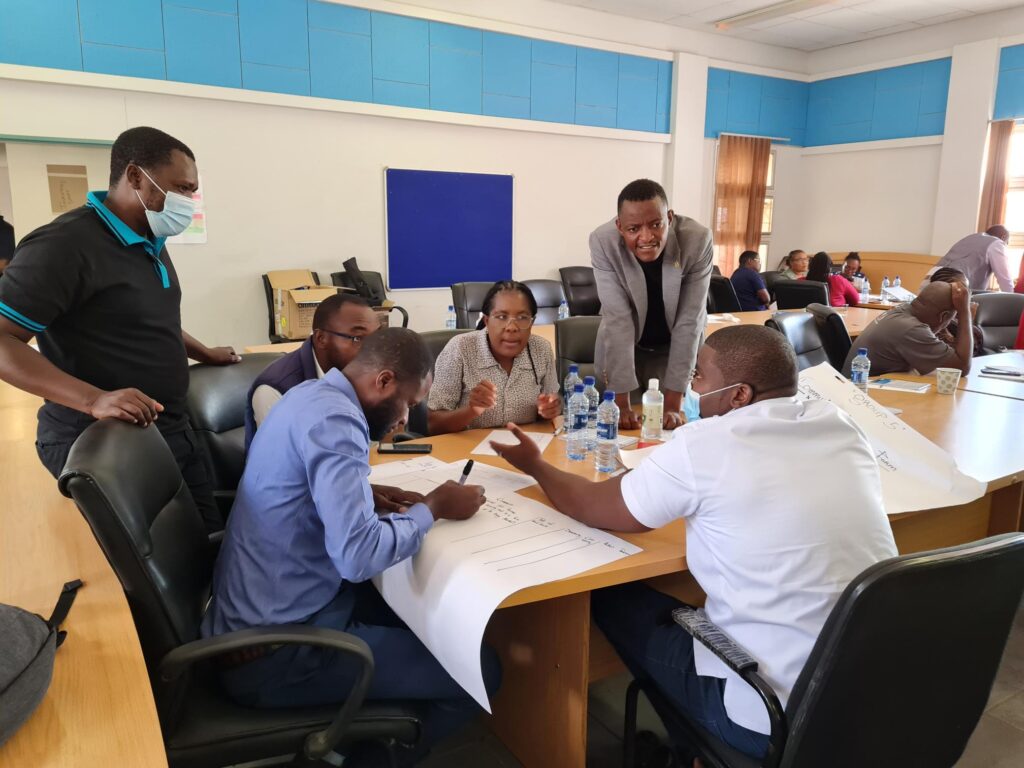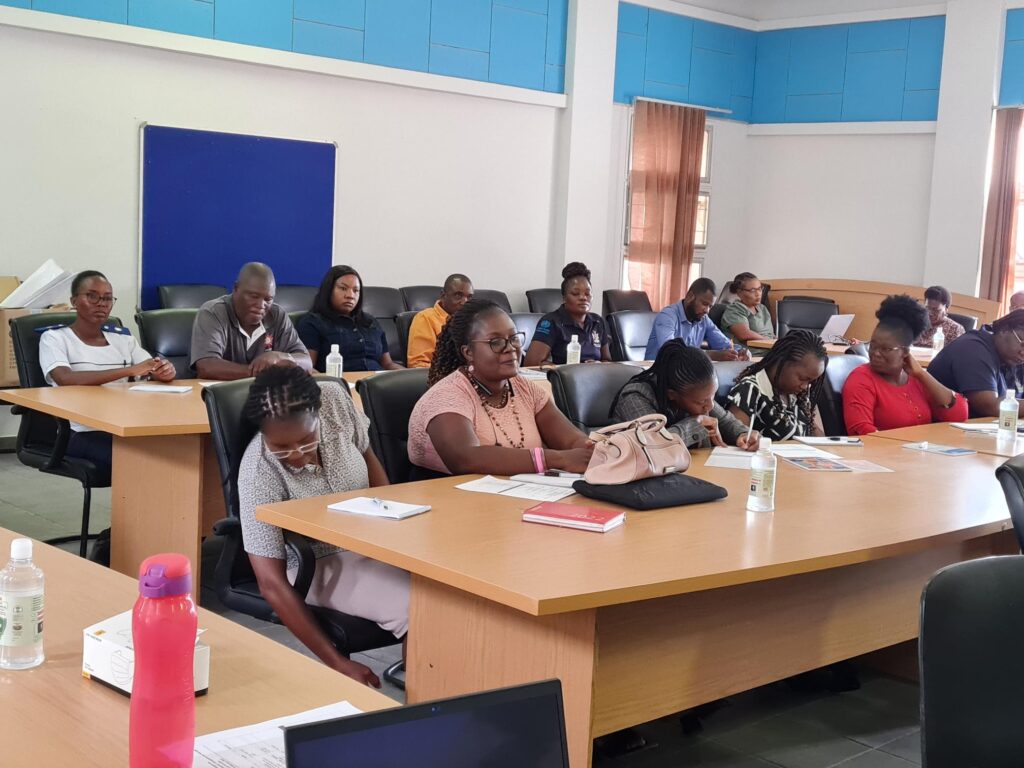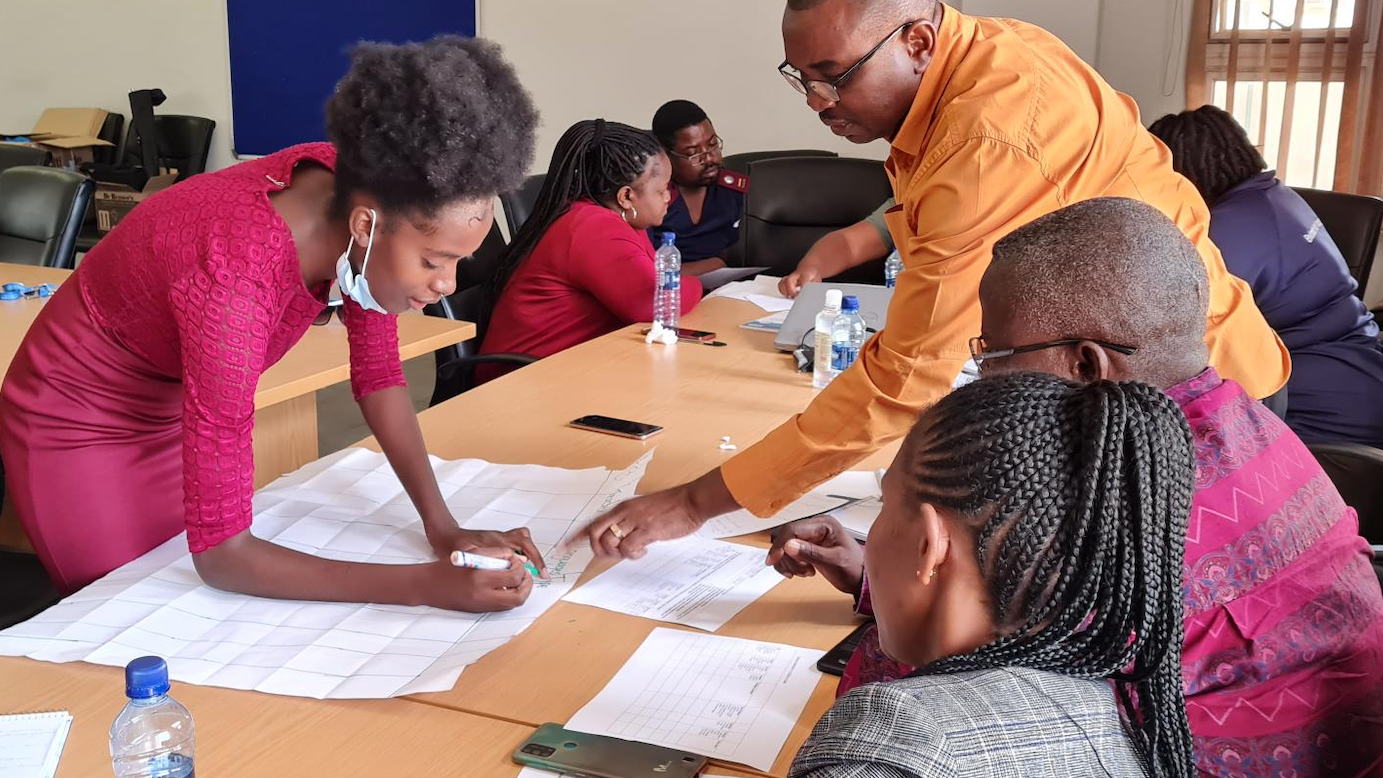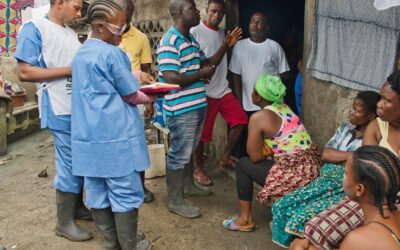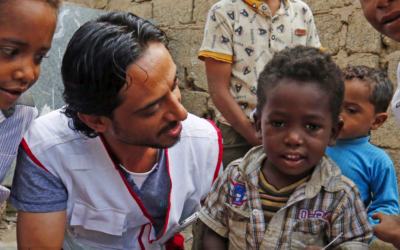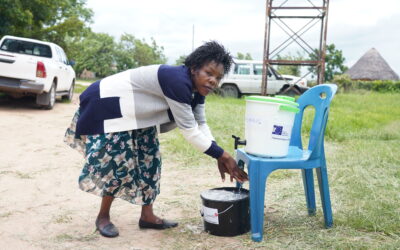Rationale
COVID-19 vaccination landscape in Namibia is uneven in the various age groups with a 24.7% of the target population being fully vaccinated, out of which only a paltry 3.28% second dose for children aged 12-13 and 4.5% second dose for children aged 14-17 respectively as of January 13th, 2022. The Risk Communication and Community Engagement (RCCE) Pillar under the Ministry of Health and Social Services Covid-19 Response has made plans to Strengthen Community Feedback Mechanisms (CFM), to address rumours, misinformation, and concerns around vaccines as well as to support the regions with collecting information in an Interagency coordinated manner. Strengthening sub national CFMs contribute immensely to the management of COVID -19 vaccine hesitancy. Setting up effective CFM will enable the Ministry of Health and Social Services to create an effective evidence-based response by better understanding the concerns, share information and manage the rumours circulating in the country. It is against this background that the National Risk Communication and Community Engagement through UNICEF’s Collective Services, will provide technical support in strengthening the National and the subnational CFM through training government and partners, reviewing CFM tools, improving the Information management systems, and standardising the data collection and analysis processes across partners which will feed into Government CFM platforms. The collective Service has been requested to support the Government of Namibia to establish a functional CFM through and in country surge support which is currently ongoing .
Goal
The goal of the Ministry of Health and Social Services is to ensure the success of the vaccination rollout program which relies on individuals’ acceptance of the vaccines. It is well recognized that intention does not always correlate with actual behaviour, including vaccination. With support from the Collective Service the Government will strengthen CFMs in Khomas, Kunene, Omusati, Ohangwena and Kavango West regions, understanding the types of data, data collection processes, use of standardised tools, establish technical committees responsible for data coding, analysis and production of CFM dashboards and ensuring translation of feedback into action is prioritised.
Ongoing Trainings
At subnational level 1 day trainings in Khomas, Kunene, Omusati, Ohangwena and Kavango regions will mainly focus on understanding the field level data collection tools, data collection processes and roles and responsibilities. The participants included government- MoH, ministry of education, ministry of youths, gender and employment, Ministry of justice- Police and state security, and partners – Unicef, Red Cross, WHO, and local NGOs.
At national level all RCCE partners will received a 2 day training which will cover all components of CFM- contextualisation of tools, data collection, data coding , data analysis, translation of feedbacks into action, development of CFM SoPs, Development of data flow matrix and reporting schedules.
